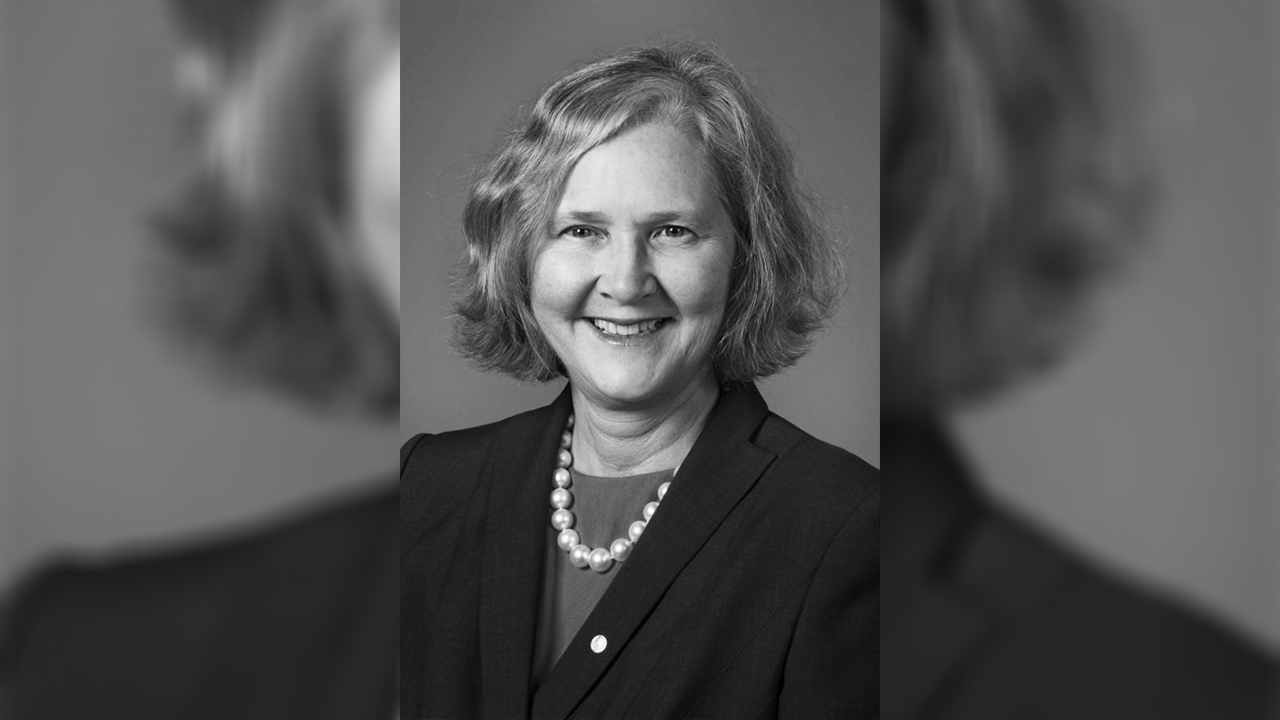Australia (Commonwealth Union)_ Dr Elizabeth Helen Blackburn, AC FRS FAA FRSN is an Australian renowned scientist whose ground-breaking research in the field of telomeres and telomerase has earned her numerous awards, honors, and accolades throughout her illustrious career. Born on November 26, 1948, in Hobart, Tasmania, Australia, Blackburn’s contributions to science have had a profound impact on our understanding of aging, cancer, and cellular biology.
Dr. Blackburn’s journey to scientific stardom began with her early education in Australia. She completed her undergraduate studies at the University of Melbourne, where she developed a passion for biochemistry. After receiving her Bachelor of Science degree with honors, she pursued her Ph.D. at the University of Cambridge in England.
During her time at Cambridge, Blackburn’s interest in molecular biology and genetics blossomed. She joined the laboratory of Frederick Sanger, a two-time Nobel laureate, where she gained valuable research experience and honed her skills as a scientist. This period marked the beginning of her lifelong commitment to unravelling the mysteries of genetics.
In 1975, Dr. Blackburn made a significant breakthrough that would define her career. Working alongside Joseph Gall at Yale University, she discovered the telomere, a protective cap at the end of chromosomes. This finding was a turning point in our understanding of how cells age and divide.
Blackburn’s research on telomeres led to another major discovery in 1985 when she, along with her collaborator Carol Greider, identified the enzyme telomerase. Telomerase plays a crucial role in maintaining the length of telomeres, and its malfunction has been linked to aging and various diseases, including cancer.
These ground-breaking discoveries earned Dr. Blackburn and Carol Greider the Nobel Prize in Physiology or Medicine in 2009. This prestigious award recognized their pioneering work in the field of telomere biology and its implications for human health.
Apart from the Nobel Prize, Dr. Blackburn has received numerous other accolades and honors throughout her career. She was elected as a Fellow of the Royal Society in 1992, a testament to her significant contributions to science. Blackburn has also been a Howard Hughes Medical Institute Investigator since 1990, highlighting her dedication to advancing scientific research.
In addition to her research, Dr. Blackburn is a passionate advocate for science education and public outreach. She has served on various advisory boards and committees aimed at promoting STEM (Science, Technology, Engineering, and Mathematics) education and inspiring the next generation of scientists.
Dr. Blackburn’s impact extends beyond the laboratory. Blackburn’s first book The Telomere Effect: A Revolutionary Approach to Living Younger, Healthier, Longer (2017) was co-authored with health psychologist Dr. Elissa S. Epel of Aging, Metabolism, and Emotions (AME) Center at the UCSF Center for Health and Community. Blackburn comments on aging reversal and care for one’s telomeres through lifestyle: managing chronic stress, exercising, eating better and getting enough sleep; telomere testing, plus cautions and advice
Throughout her career, Dr. Blackburn’s pioneering research has illuminated the fundamental mechanisms of cell biology and aging. Her work on telomeres and telomerase has opened new avenues for understanding and potentially manipulating the aging process. Beyond aging, her research has implications for cancer treatment, as targeting telomerase could be a promising strategy for combating certain types of cancer.
Dr. Elizabeth Blackburn’s remarkable achievements in the field of telomere biology have earned her international recognition and respect. Her Nobel Prize-winning research, dedication to scientific education, and commitment to advancing our understanding of human health make her a true trailblazer in the world of science. As she continues to inspire and educate future generations of scientists, her legacy remains a shining example of the power of curiosity and perseverance in the pursuit of knowledge.








